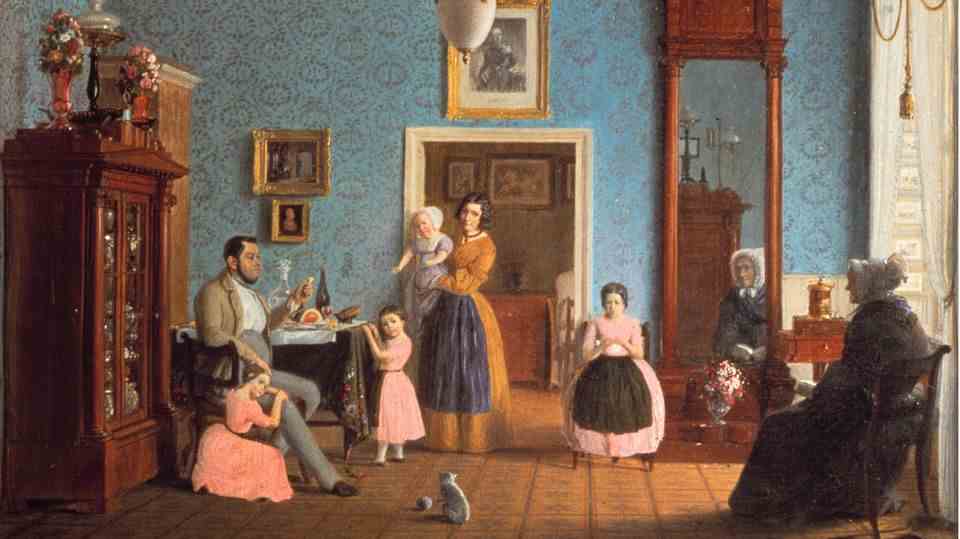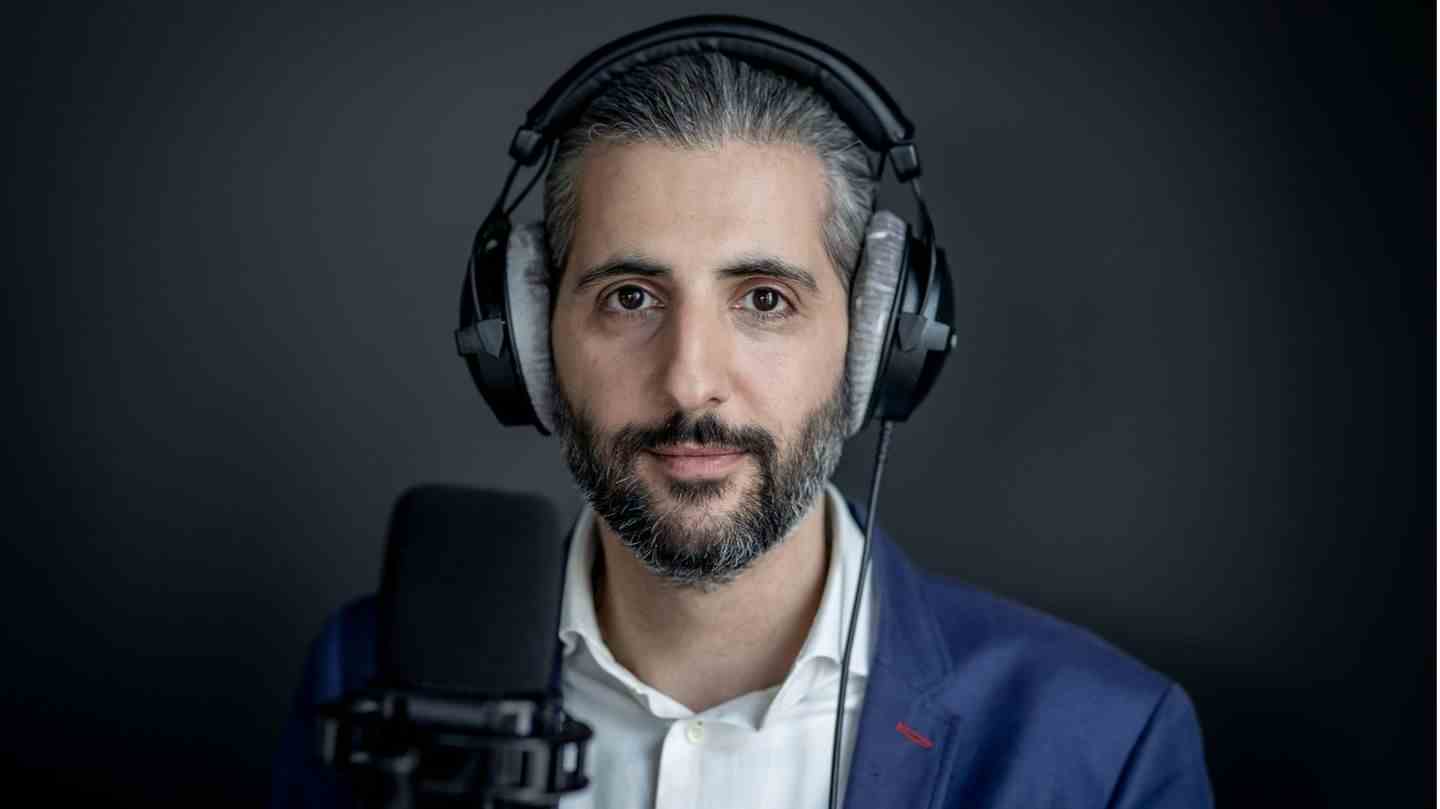Podcast “important today”
Time to radically rethink: Less work, more democracy
Journalist Teresa Bücker talks about time poverty in the “today important” podcast
© Paula Winkler
“Time is not a luxury, but political through and through,” says journalist Teresa Bücker. Only here in Germany we live with time poverty, which makes our society fragile, unjust and not very democratic. So it’s time – for a radical rethink.
The eight-hour workday is more than 100 years old – and unions actually wanted to abolish it much earlier. But he’s still there. And even if we talk a lot about flexible working time models and the pandemic made us reconsider working, our material prosperity in Germany has not translated into time prosperity and we constantly have the feeling of not having enough time, but: “This culture of time pressure is a social decision and you can defend yourself against it,” says the author and journalist Teresa Bücker in the 395th episode “important today”.
A new time policy for more democratic participation
Teresa Bücker has written a book entitled “Alle_Zeit”. It is a plea to radically rethink, to create a new time policy. Because we live in a society in which only a few have the time to get involved in politics besides work: “It’s a democratic problem,” says Teresa Bücker. There are also financial disadvantages for those who do care work in their supposed free time, for example by caring for relatives. And last but not least, there is usually far too little free time for the ego in our working world. “Free time is important for self-development”. The author therefore sympathizes with the model of the sociologist Frigga Haugg – “the four-in-one perspective”. The idea: four hours each for paid work, care work, culture and politics.
Inequality through time poverty: Time is a feminist issue
Time poverty creates inequality – especially between men and women. Teresa Bücker is also one of the best-known feminists in the country, and her book is also a feminist plea. Studies by the educational scientist Ingrid Westlund show that children only arrive at the adult sense of time when they perceive time as a lack. And girls understand this lack much earlier: “That really surprised me,” says Teresa Bücker in the podcast. It is probably the reality of their mothers that rubs off on young girls, because: “On average, mothers work longer than men on a day because they often combine professional work and work at home. As a result, women and mothers have higher stress levels than men. ”
According to Teresa Bücker, very few couples, just under four percent in Germany, both work part-time and share the care work. The most common model remains the so-called “modernised breadwinner model”, in which men work full-time and women part-time. As a result, they have less money on average and slide more easily into poverty in old age. And although we see ourselves as a very modern country, “this is an aspect where we haven’t got that far in terms of equality, but we should urgently take care of it.”
Your subscription to “important today”




